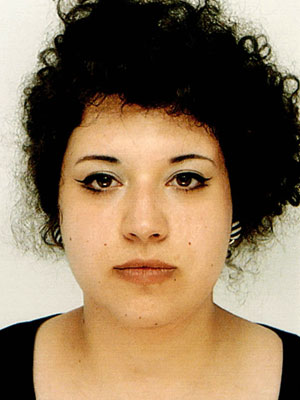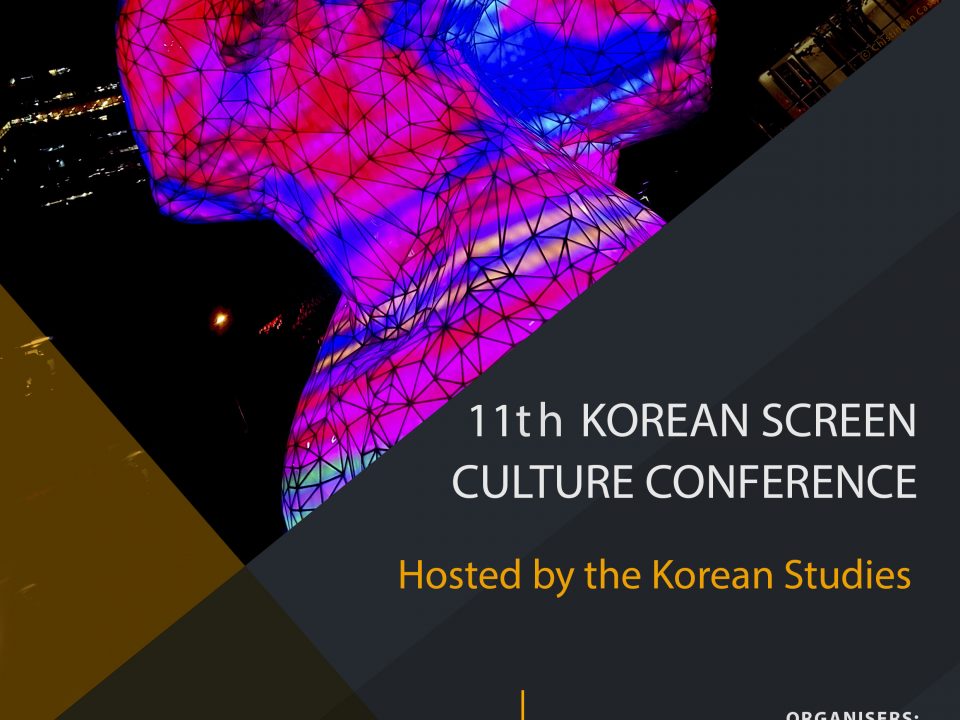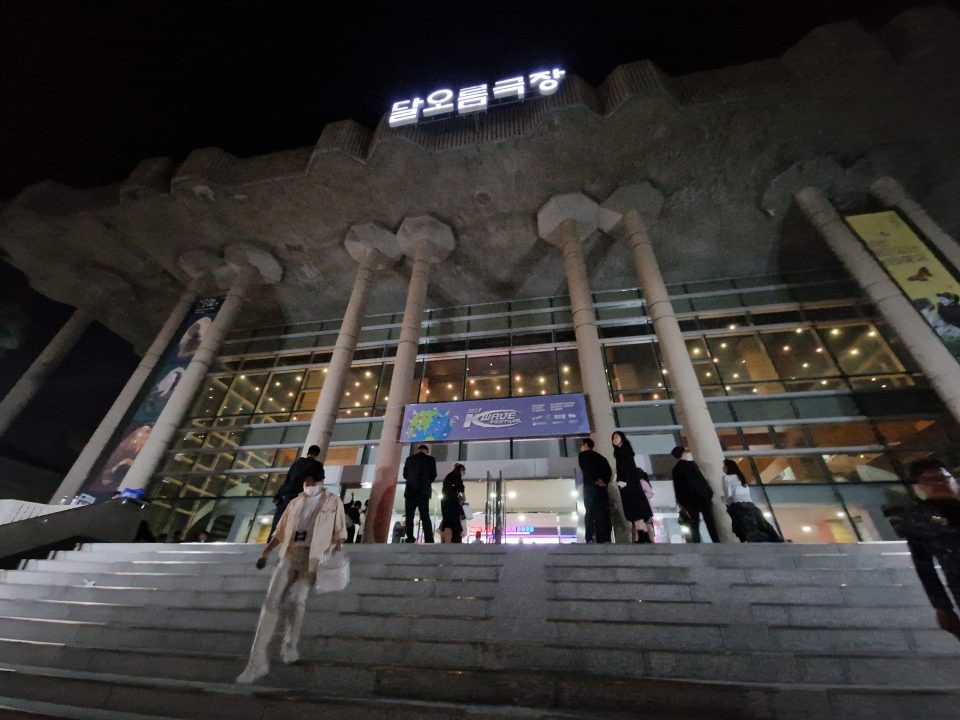Casandra-Angela Chistinean, M.A.
Academic Assistant and PhD Student,
Goethe University Frankfurt
Casandra Chistinean is an academic assistant within the department of Korean Studies in the current CEDITRAA Project at Goethe University. Her dissertation focuses on the evolution in the depiction of women in Korean cinema, especially in the context of digitization. She holds two M.A. degrees in Modern East Asian Studies and International Peace and Conflict Studies, both at Goethe University, and a double partnership B.A. in International Relations and European Studies at Babeș-Bolyai University Cluj-Napoca and Otto-von Guericke University Magdeburg. Her focus areas are international relations, social sciences, and cultural studies.
Casandra Christinean primarily contributes to the work in Working Area C: Archives and Cultural Heritage, in Working Area D: Regional and Transregional Circulation(s) and in Project 1.3 on Transformation of the Korean Wave.
My CEDITRAA story
“The CEDITRAA Project encompasses all the areas and principles I want to focus my research on. Its multidisciplinarity, based on the combination of several research areas such as regional studies, anthropology, social sciences, film studies, and economics, offers a unique and innovative environment that allows for new insights into the role of cultural products and entrepreneurs in the age of digitization ad globalization.
South Korea has been a pioneer in this field. It has strengthened its international image and its political and economic ties by promoting and exporting its cultural products and creating a distinctive Korean nation brand. These closely controlled and monitored cultural exports have become instrumental in how the world perceives and relates to it as a country. But how do these cultural products relate to the social discourse of its country of origin and who are the cultural entrepreneurs? Analysing the portrayals of women in South Korean cinema offers a unique insight into the mechanisms that influence movies and their content, because we can see if and how changes have occurred in their depictions and trace the factors that are responsible for these changes. I strongly believe that such an analysis will allow for a critical understanding of the mechanisms that shape Korea as a society and a cultural entity and will offer new insights into the cultural entrepreneurs that shape Korea’s international image through the prism of its cultural products.”


